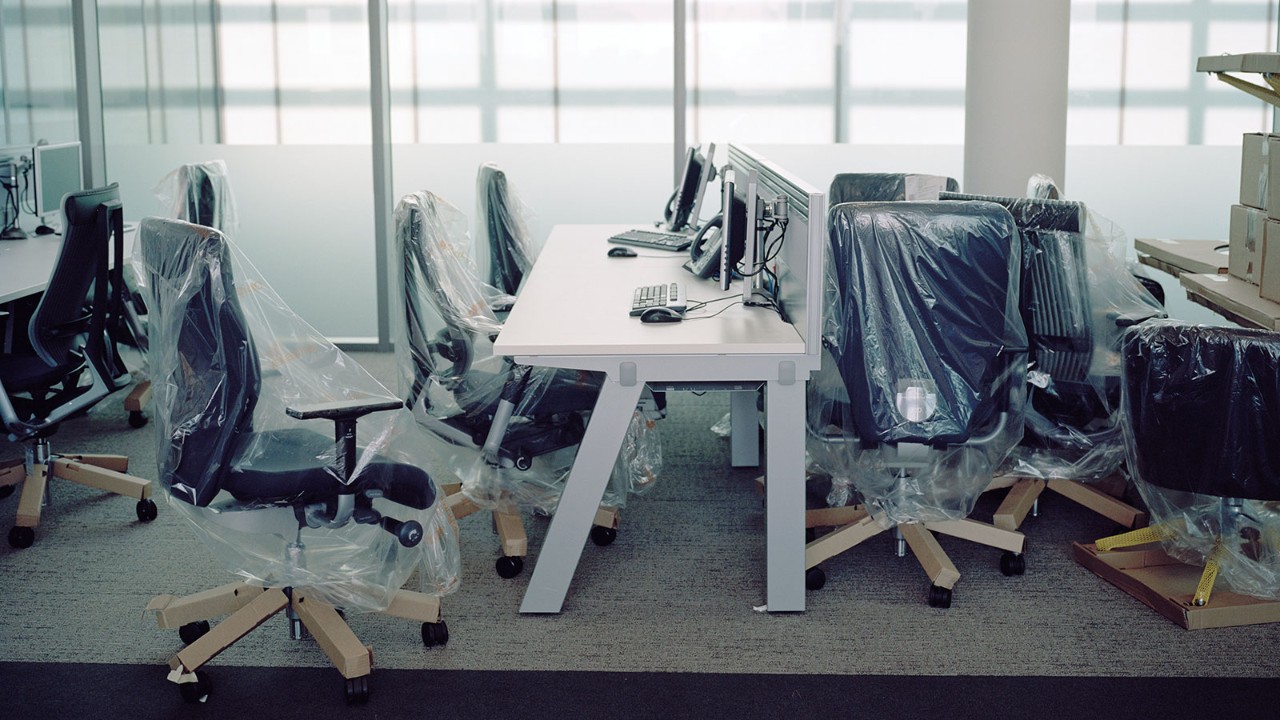
Goldman Sachs found itself in a spot of bother earlier this year when a number of junior research analysts went public with complaints about the hours they were having to work for the bank during the most recent lockdown.
Working up to 100 hours a week was becoming the norm, not the exception, and the pressure of working from home was adding to stress. Goldman Sachs’ response wasn’t to relieve the pressure by hiring extra bankers, but to increase its use of automation to remove some of the work the employees were undertaking.
Remote control
It has been said many times that the pandemic has accelerated the digitalisation of work by years. Entire complex and cross-continent organisations can be run remotely from home offices without a blip in service or output.
The main benefit of this digitalisation has been to free us all from the shackles of a single place of work. However, what if the evolution is to free us of our job?

'The challenge is no longer how will we accept intelligent automation in the workplace, but how can we apply it wisely and to the greatest benefit'
In a report this year, Deloitte found that intelligent automation (a mix of artificial intelligence (AI) and robotic process automation) is being used by 78% of companies. ‘It seems that robots have entered the mainstream,’ stated the report. ‘The challenge is no longer how will we accept intelligent automation in the workplace, but how can we apply it wisely and to the greatest benefit.’
Automation came gradually then suddenly for traditional manufacturing jobs. Factories have gone quiet as machines do the work. Is it now possible offices may also go dark? It used to be that the way to avoid a job becoming obsolete was to continue to add new skills and increase educational attainment. Hence, the surge in the number of college graduates in the last few decades. But is that even enough?
What the increased use of AI and robotic process automation means is that many of the roles in banking, law, insurance and auditing can now be done by robots. These were the secure white-collar roles that provided stable employment and good incomes. Where once workers might have installed machines to take over their job on a factory line, we may now be witnessing office workers training robots to do their roles – and much more efficiently.
Utopian types (that would be the Silicon Valley entrepreneurs) see this as a good thing. They evangelise that automation will free us from the need to work at all and that the productivity generated by it will create such enormous wealth as to provide universal basic income for those jobs displaced.
Job insecurity
On a more real-world level, it’s likely to mean insecurity for many workers in office roles that were once secure. Do you need a human to file tax returns and expense reports, monitor risk in banks and insurance companies or read legal judgments for precedent?
Which brings us back to Covid-19’s impact on employment. As I’ve written here before, the breaking of the link between the office and the employee has not necessarily been all that beneficial. The lack of interaction between people makes it much easier to devalue work and opt for solutions like automation.
Of course, the way to avoid your job becoming obsolete is to move into roles that a machine can’t do; client-facing roles are hard to replace, as are those that generate fees, which is harder to do with some back-office functions.
Increasing your skills may offer respite for a while, but what happens in the coming years for a whole generation of employees who will see the career ladder in front of them simply disappear? The robots are coming. What will you do?


